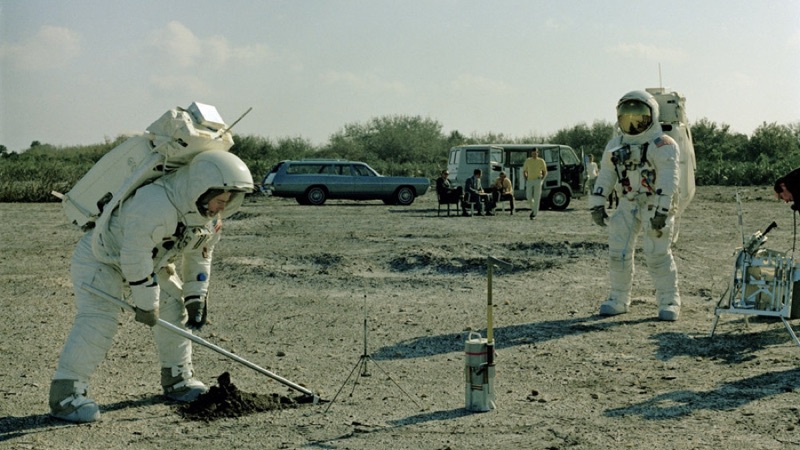Zen and the Art of Driveway Repair
My grandpa would be proud-ish.

Without saying a word, my grandpa taught me the fundamentals of change management when I was 12 years old. We were standing on my gravel driveway at the top of a hill, and it was raining.
The rain cut deep grooves in the gravel as water flowed down the slope, and I knew I’d be doing a whole lot of raking to repair that damage once the ground dried out. But my grandpa had built highways his whole life and knew there was a better way. He had poured decades into the Coquihalla, Hope-Princeton, and Alaskan highways, and the sum total of that grit and hard-won know-how was now laser-focused on helping me out with my chores. My gravel raking days would soon be over.
But I didn’t understand why we were just standing there getting soaked and not talking—12-year-old me was crazy excited for a major earth-moving project. My grandpa, on the other hand, was calm and quiet, in an almost meditative state, watching the water flow in and around the gravel down the slope of the hill.
Observe and Be Still
Even at that young age I could tell that my grandpa was deeply in tune with forces that I wasn’t aware of. Looking back, I now understand that my grandpa was taking stock of the situation as objectively as he could—the problem, his team (water, gravel, the hill, and himself) and their attributes, and the desired outcome. Everything else was shut out.
By working toward a state of inner tranquility despite the damage unfolding in front of us, he was able to keep assumptions and knee-jerk reactions at bay long enough to see his team for what they were without bias, and for what he knew they could be. It didn’t matter that we were cold and wet, that repairs were going to require yet another round of labour-intensive gravel raking, or that Mom wouldn’t let him just pave the damn driveway.
None of those things were urgent in this moment. Quiet patience helped him set these issues aside temporarily so he could enact the change required to deal with the situation in front of us.
Understand Your Team’s Dynamic
Looking at the ground, my grandpa saw disharmony. Each component in the system was playing a part, but none were playing their parts together. Water just wanted to flow downhill and didn’t care which route it took as long as it was easy. Gravel was capable of contributing more structure to the team, but lacked the right support to stand up for itself when it needed to. The slope of the hill was ushering water in the right direction, but wasn’t able to provide specific, constructive guidance.
Making these observations took patience and experience. A more seemingly decisive action would have been to pay someone to pave the driveway or to install a network of drainage pipes down the length of the hill. But these solutions would have completely ignored the team’s existing potential. Starting the process by ignoring the existing state of the system would have introduced more disharmony in the form of added cost, complexity, and future frustration.
Take Thoughtful Action
After spending far too long standing still for a 12-year-old, my grandpa picked up a shovel and fashioned a berm across the width of our L-shaped driveway, right at the elbow. He then handed me a draw hoe and we dug a trench all the way down the hill along the downslope edge of the driveway.
Water was now ushered toward the berm by the slope, which had enough support to stand up to erosion. The berm guided water to the trench where it flowed downhill beside the driveway without causing any damage. By making two simple changes that leveraged the team’s natural tendencies, my grandpa was able to create mutual purpose and harmony in the system.
To me it looked like magic.
Inspect, Iterate, Maintain
My grandpa’s berm-and-trench solution was still working years later when I left home to study at university. For me, most importantly, hours of back-breaking repairs after every heavy rainfall had been replaced with just minutes of trench inspection and minor maintenance.
Now that I’m a project manager and often responsible for introducing change to the teams I work with, these lessons of patience, objectivity, and mindfulness have really hit home. My grandpa, the quintessential workman, would have been a little disappointed that I became a “manager”. But I think he would be happy to know that I was paying attention to what he was up to that day even when it didn’t look like he was up to much.